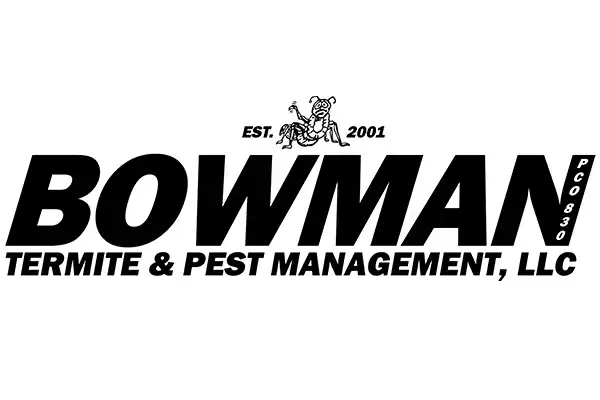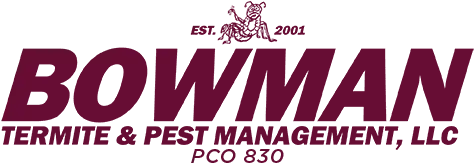Federal Team to Bolster Administration of Monoclonal Antibody Treatment in Hawai‘i

A federal team of 30 civilians is being deployed to Hawaiʻi to administer monoclonal antibody therapy to treat COVID-19 patients. Increasing access to monoclonal antibody therapy will decrease severe illness in individuals recently infected with COVID-19, providing relief to Hawaiʻi’s hospitals. State health officials say monoclonal antibody therapy is not a substitute for vaccination.
A growing network of healthcare facilities are now offering access to monoclonal antibody therapy (mAb), REGENERON, including the Molokaʻi Community Health Center in partnership with the US Department of Health and Human Services, as well as the Maui Memorial Medical Center. Last month, Queen’s North Hawai’i Community Hospital announced it’s expanded use of Regeneron’s REGEN-COV2, a combination of two monoclonal antibodies. This intravenous treatment is provided on an outpatient basis to COVID patients.
Monoclonal antibodies help the immune system temporarily respond to the immediate infection. The US Food and Drug Administration issued Emergency Use Authorization for a number of monoclonal antibody therapies that serve as early treatment after a COVID-19 diagnosis.
“Targeted use of monoclonal antibodies could keep Hawaiʻi COVID-19 patients from developing severe illness that requires hospitalization,” said Health Director Dr. Elizabeth Char, FACEP. “However, COVID-19 vaccination remains the most effective way to create long-lasting immunity and prevent severe illness and death. Increasing access to monoclonal antibody therapy will reduce strain on our hospitals. We thank our state and federal partners for their assistance.”
“We are taking yet another strategic step to preserve hospital capacity during a time of unprecedented demand,” said President and CEO of the Healthcare Association of Hawaiʻi, Hilton Raethel. “Increasing the number of COVID positive residents who receive this therapy will result in a reduction of symptoms, and reduce demand on our hospitals.”
The Federal Emergency Management Agency is providing the 30 clinicians to augment existing capacity to administer this treatment. They are expected to arrive in Hawaiʻi on Sept. 19.
Six teams will be stationed at hospitals or federally qualified health centers across the state, administering treatments seven days a week. The teams will administer monoclonal antibodies by injection. Treatment requires monitoring and the ability to respond to reactions or other medical events.
While monoclonal antibodies provide a short burst of immunity, compared to the longer-lasting immunity created by vaccination, health officials maintain that COVID-19 vaccines are safe and effective at preventing severe illness and death.
According to the state Department of Health, treatment with monoclonal antibodies within the first 10 days of symptom onset could reduce the risk of severe illness, hospitalization and death. This treatment is authorized for individuals 12 and older with mild to moderate COVID-19 who are at high risk for severe illness, not hospitalized and do not require supplemental oxygen. Patients must be referred by a physician.
While not everyone will be eligible for monoclonal antibody therapy, all people 12 and older are eligible to be vaccinated.










